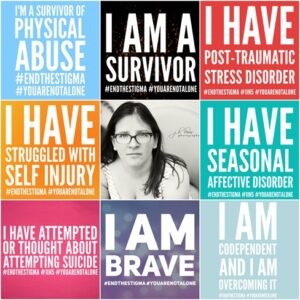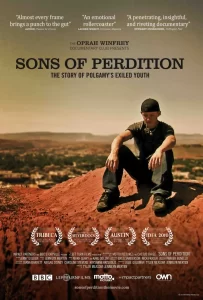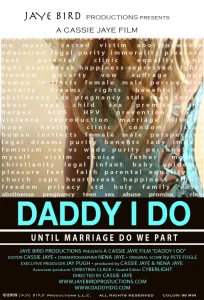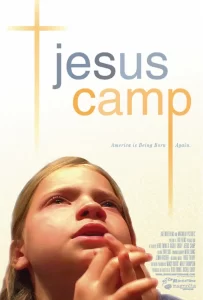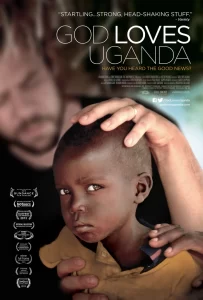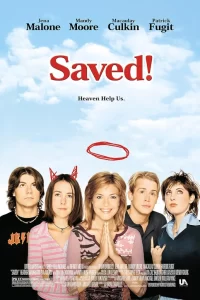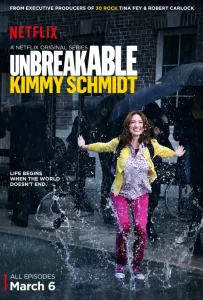
Editorial Note: The following is reprinted with permission from Eleanor Skelton’s blog. It was originally published on March 8, 2016.
Usually the documentaries I enjoy are about religious fundamentalism and cults or evangelical culture. I watch to learn and for research.
The other night I rented two movies from Redbox: the new live action Cinderella and He Named Me Malala.
I thought I’d learn something from Malala. More about the culture of Pakistan and the war on terror, more about equality for women in other parts of the world. I thought I would learn about someone vastly different than me.
Instead, I realized that Malala and I have more in common than I’d guessed.
1.) Isolation in a high control group and disagreeing with the conservative factions of your religion.
Malala’s father explains that when the Taliban first came to the Swat Valley, “We thought they were good people. They promised to follow the Quran.”
The Taliban took over media and had book burnings in the streets. The only information the villager could access was the radio broadcast every night, blaring throughout the whole village. People listened every night to hear their neighbors’ sins. Then the Taliban started killing the people named. They shot and slaughtered people in the square, saying that this could be you tomorrow.
They were anti-government, saying that any police or soldiers who attacked Muslims were infidels.
They said girls could not attend school. Three schools were bombed in one night. The Taliban singled out the women, telling them what they ought to do and be. “The women only have one window open and only one man is speaking.”
“if you don’t follow the real Islam that we are showing you, then you can be the next person like this man.”
And the destructive mentality of the Taliban leaders just fed the cycle. Malala’s father said, “When I am willing to kill myself, others are nothing to me.”
The Taliban is more like the subculture I grew up in than most are comfortable admitting. I’m not the first to notice this.
There’s some odd similarities.
- Limiting educational access for women, telling them their place is only in the home and using religion to justify this.
- Controlling information about the outside world. The Taliban radio broadcasts sounded eerily similar to tapes of Prophet Warren Jeff’s sermons that the FLDS people listened to regularly.
- The government is wrong, not the group. Backlash is dismissed as persecution.
2.) Ideologies are more dangerous than individual people.
Malala’s father named her after a folktale about a woman killed in battle in the Swat Valley. The invading enemy seemed too great, but according to the story, the women told her people, “Live like a lion for one day or be a slave for a hundred years.”
She led them into battle. They were victorious, but she was fatally wounded.
Malala’s family watched the changes taking place in their village.
“I was feeling if I don’t speak, then I would be the most sinful and most guilty person in this world,” her father explained. “If you keep silent, you lose the right to exist, to live.”
Her father started calling out the Taliban publicly: “They have tarnished the beautiful face of Islam.”
Malala corresponded with a journalist on the outside and kept attending school.
“He didn’t push me. He let me do what I wanted.”
Malala’s mother doesn’t approve of all of her daughter’s boldness and activism. She is still too afraid that it’s not something a woman does.
“My father only gave me the name Malala. He didn’t make me Malala. I chose this life.”
Pakistanis and Taliban leaders try to discount her because they think that her father is behind this, that “Malala is just a character.” They can’t believe that a woman could actually do this.
“There is a moment when you have to choose whether to be silent or to stand up,” Malala said. “I’m not a lone voice, I am many. And our voices have grown louder and louder.”
Then Malala and two other girls were shot by the Taliban one afternoon on a school bus.
Her father feared that even if she survived her head injury, she would blame him: “I was a child, you should have stopped me, what has happened to me was because of you.”
But Malala says she would still make the same choice. “It does not matter that the left side of my face does not work.”
When the documentary makers asked her about the shooter, Malala said:
“It was not a person. It was an ideology.”
“The Taliban is a small group of people. They think that God is a small conservative being. But for us, God is not that tiny. We think that God has sent us to this world to see if we choose a good way or a bad way.”
This is why I stand #withMalala, why I can empathize with her story.
I also believe that it was fundamentalism that harmed me. My parents and conservative colleges like Bob Jones operate under a similar abusive system.
Often individual people have empathy, but they believe they must do destructive, terrible things to obey God. This is how they silence their own conscience.
They miss their country. Malala wants to go back and see their old house just once.
Sometimes, I miss my country, too. Some days I feel like I have no roots.
Malala is not that different than me. We actually have a lot in common.
********
Shop at our Amazon store! As an Amazon Influencer, this website earns from qualifying purchases.
